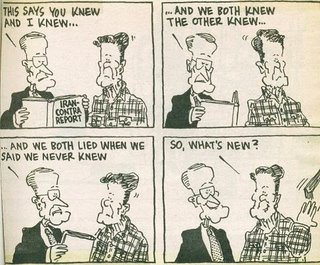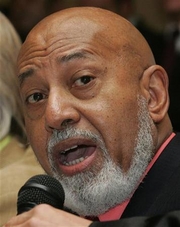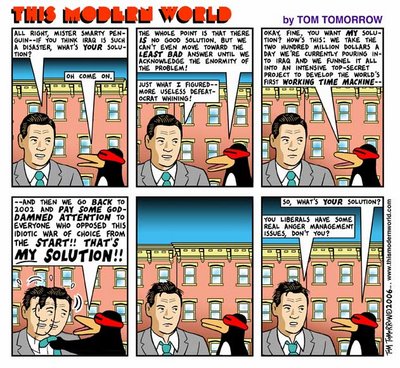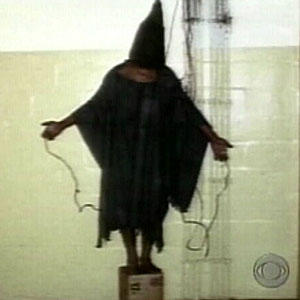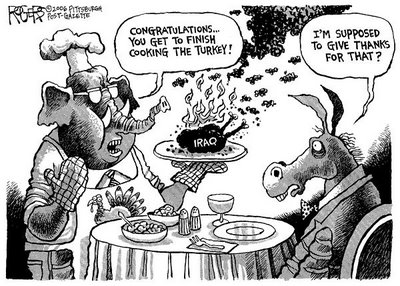 Court Hears Global Warming Case
Court Hears Global Warming CaseJustices to Decide Challenge on Greenhouse Gas Emissions
By Robert Barnes
The Supreme Court yesterday cautiously confronted for the first time the issue of global warming, hearing a challenge to the Bush administration's refusal to regulate emissions of greenhouse gases in new vehicles.
Twelve states, led by Massachusetts and joined by the District of Columbia, are objecting to the Environmental Protection Agency's decision to decline to issue emissions standards for new cars and trucks. They and the environmental organizations that support them say the standards should be the first step in a broader effort to reduce carbon dioxide and other gases that they say are harming the atmosphere and leading to global warming and rising sea levels.
But they faced a court sometimes skeptical about whether the remedy they seek would make much difference in the long run, and whether they can even show they are facing the kind of imminent harm that is required before they can press their case.
"I mean," asked Justice Antonin Scalia, "when is the predicted cataclysm?"
Scalia was one of several justices to remark on a lack of scientific expertise during an hour of questioning that touched on whether the states have "standing" to challenge the EPA's refusal, the level of evidence proving the existence of global warming and its causes, and even whether unilateral action by the United States to reduce greenhouse gases would hamper negotiations with other countries on the issue.
The debate inside the court is echoed outside the chamber. Former vice president Al Gore's film "An Inconvenient Truth" increased public awareness of the issue. And the Democrats who won control of Congress this month have said they will make the issue a priority: Sen. Barbara Boxer (D-Calif.), who is in line to become chairman of the Environment and Public Works Committee, said a failure to limit greenhouse gases will lead to "economic decline and environmental ruin." She would replace Chairman James M. Inhofe (R-Okla.), who has called global warming a hoax.
Massachusetts Assistant Attorney General James R. Milkey told the court that 200 miles of the state's coastline are threatened by rising seas, a result of global warming.
"The harm does not suddenly spring up in the year 2100; it plays out continuously over time," Milkey said in answer to Scalia's question. "Once these gases are emitted . . . they stay a long time -- the laws of physics take over."
Milkey faced skeptical questioning from Chief Justice John G. Roberts Jr. and Justice Samuel A. Alito Jr., the court's newest members, but the most sustained -- and entertaining -- interrogation came from Scalia.
At one point, he acknowledged the role of carbon dioxide as a pollutant in the air but wondered about it being a pollutant in the "stratosphere."
"Respectfully, Your Honor, it is not the stratosphere. It's the troposphere," Milkey said.
"Troposphere, whatever. I told you before I'm not a scientist," Scalia said to laughter. "That's why I don't want to have to deal with global warming, to tell you the truth."
Milkey had already said that the court need not pass judgment on the science of climate change to find that the EPA did not do its job when deciding not to regulate new vehicle emissions.
The case started in 1999, when an environmental group, the International Center for Technology Assessment, and others petitioned the EPA to set greenhouse gas emissions standards for new vehicles.
In 2003, the agency denied the petition, saying said that it lacked statutory authority to regulate greenhouse gas emissions, even though the agency in previous administrations had held that it did. Further, the agency said, even if it did have authority, it was not required to use it.
The agency decided, according to Deputy Solicitor General Gregory C. Garre, "now is not the time to exercise such authority, in light of the substantial scientific uncertainty surrounding global climate change and the ongoing studies designed to address those uncertainties."
Even if the court sides with the states, it is only being asked to remand the issue back to the EPA with specifications on what to look at in deciding whether to issue the emissions standards. And both sides agree that vehicle admissions in the United States amount to only 6 percent of total carbon dioxide emissions; tougher standards on new vehicles would only moderately reduce that.
But the court's decision could affect other efforts by environmentalists to force action on emissions from power plants -- stalled in the courts -- and shed light on the appropriateness of individual states' actions. California, for instance, has passed greenhouse gas emissions standards that are to go into effect in 2009 but are being challenged by industry.
Justice Stephen G. Breyer said a change of heart by the EPA could set off a string of similarly small decisions by other agencies, "each of which has an impact, and lo and behold, Cape Cod is saved." He seemed most sympathetic to the states' case, along with Justices John Paul Stevens, David H. Souter and Ruth Bader Ginsburg.
Justice Clarence Thomas, who as usual asked no questions, is presumed to be in line with Scalia, Roberts and Alito. That leaves Justice Anthony M. Kennedy as a pivotal vote in whether the states have proven they have standing for the case to go forward.
He noted Milkey's "perhaps reassuring statement" that the court does not have to make a judgment about global warming. "But," Kennedy asked, "don't we have to do that in order to decide the standing argument, because there's no injury if there's not global warming?"



